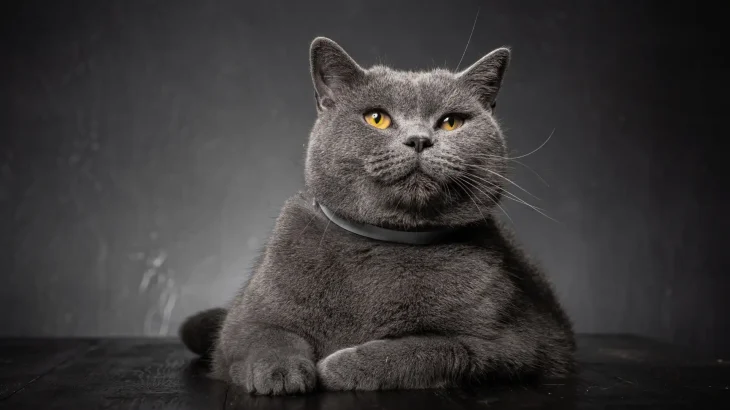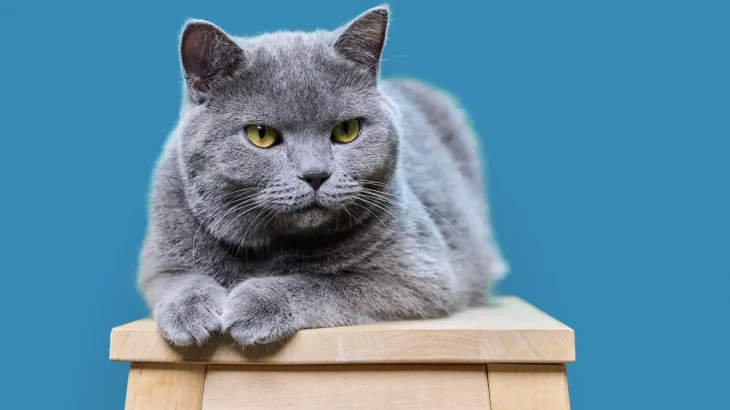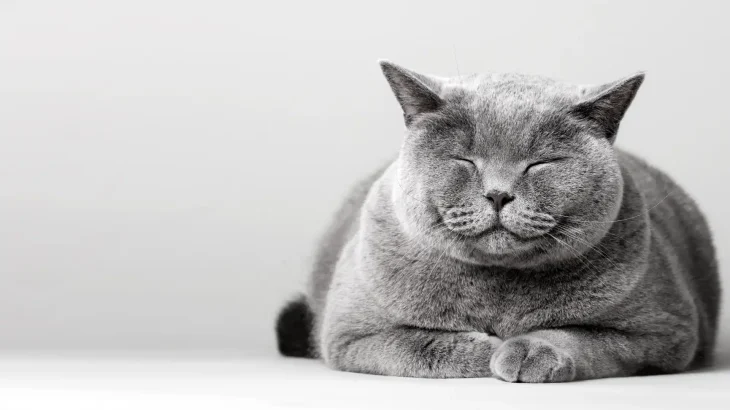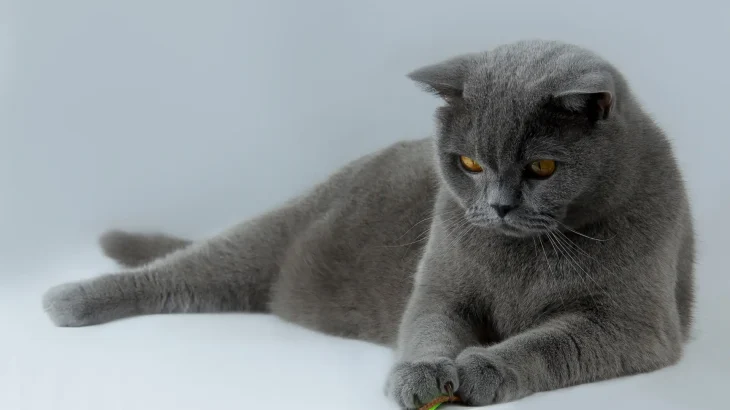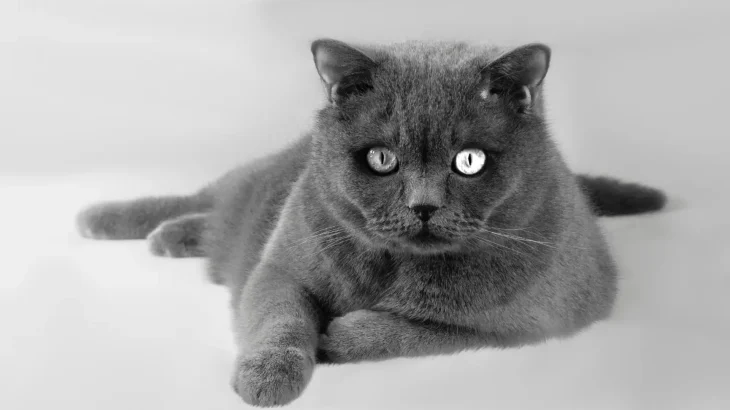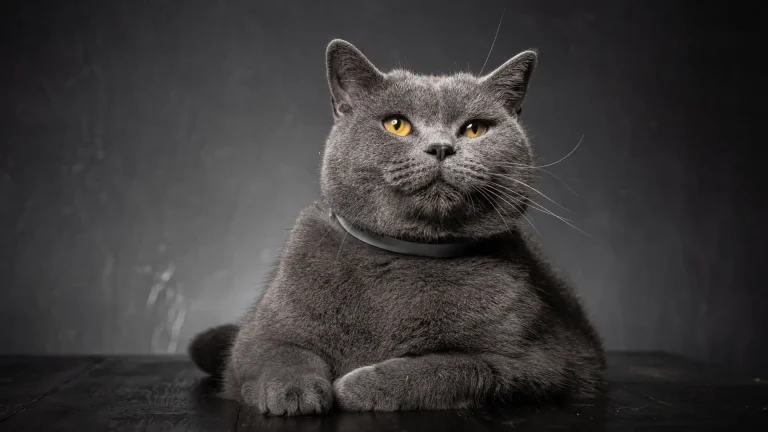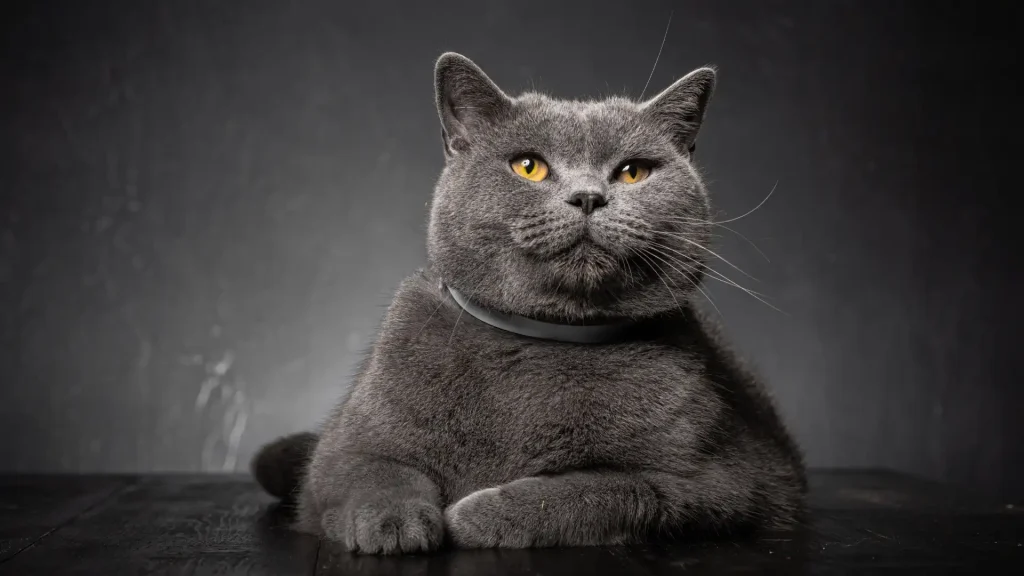Deciding whether to adopt or buy a Korat kitten largely depends on what you value most: pedigree assurance versus giving a home to a cat in need. Buying from a breeder usually ensures detailed health and lineage information, while adoption offers a chance to rescue a cat, though Korats are rare in shelters.
Adoption vs. Breeder: Pros & Cons
| Criteria | Buying from Breeder | Adopting from Shelter/Rescue |
|---|---|---|
| Cost | Higher cost, typically $400-$800, sometimes up to $2,000 for premium lines. | Lower fees, often $50-$200, usually cover vaccinations and spaying/neutering. |
| Health History | Comprehensive health records and genetic screening provided. | Health background may be limited; basic health checks usually done. |
| Age Availability | Kittens primarily, enabling you to raise from young age. | Varied ages available, including adults and seniors. |
| Temperament Insight | Breeders can share lineage temperament traits and personality expectations. | Shelter staff can offer behavioral observations; full background often unknown. |
| Supporting Practices | Supports ethical breeding programs when sourced responsibly. | Contributes to animal welfare by providing homes for cats in need. |
| Breed Purity & Pedigree | Guarantees purebred status and pedigree documentation. | Breed purity is uncertain; pedigrees usually unavailable. |

